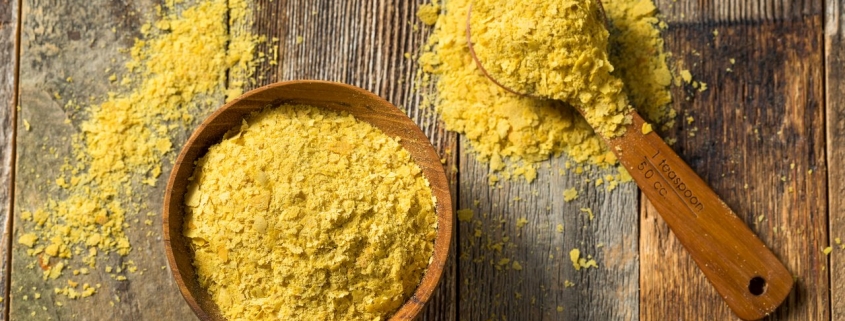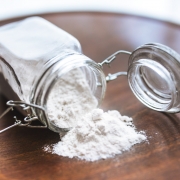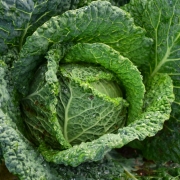Nutritional Yeast
This post contains affiliate links. Click here to see what that means.
What is Nutritional Yeast?
Nutritional yeast has a flavor that has been described as cheesy, nutty and savory. Just a tablespoon or two can add richness to soups and casseroles and larger amounts can make “cheese” sauces taste cheesy. It comes in flakes or power, both which blend nicely into hot foods.
“Nutritional yeast is a food additive made from a single-celled organism, Saccharomyces Cerevisiae, which is grown on molasses and then harvested, washed, and dried with heat to kill or “deactivate” it. Because it’s inactive, it doesn’t froth or grow like baking yeast does so it has no leavening ability. Don’t worry; no animals are harmed in this process because yeasts are members of the fungi family, like mushrooms, not animals.” (Source: Fat Free Vegan Kitchen)
AIP Compliant or Not?
Here’s an often hotly debated topic – Are Yeast & Nutritional Yeast actually AIP compliant?
One of the first AIP food lists published by Dr. Sarah Ballantyne included these items in the YES category, but as with everything, further scientific research started raising red-flags and claimed these ingredients to be gluten cross-reactors .. oh my! So, should we use them or not?
In her most recent book, The Autoimmune Protocol, Dr. Ballantyne lists baker’s yeast and nutritional yeast as potentially gluten cross-reactive foods – but specifies this is due to gluten cross-contamination in production facilities and not the product itself.
Dr. Ballantyne states :
“...brewer’s/baker’s/nutritional yeast have been identified as gluten cross-reactors in one study but it is postulated that this is attributable to common gluten contamination of these foods rather than inherent cross-reactive proteins. Look for options that specify gluten-free.“
Bottom Line? You need to make sure the product you choose is gluten free and NON-fortified. Why is this important? Because it is typically fortified with synthetic B Vitamins and synthetic folate/folic acid … and when fortified it is often grown on corn or corn syrup – a no-no for the AIP!
Notes from a trusted brand – Sari Foods :
“Why choose natural, non-fortified nutritional yeast? Most nutritional yeast products are fortified with excessive amounts of synthetic vitamins to increase the nutritional count. At Sari Foods Company, we believe that synthetic, man-made vitamins are not only unnecessary , but that they can be harmful and toxic to our bodies, causing nutrients imbalances and forcing our kidneys and liver to work overtime while our bodies struggle to absorb them.”
My Best Advice:
It’s important to note that as with everything, AIP compliant or not, not every food or ingredient agrees with everyone or each medical condition, so use common sense and avoid using nutritional yeast if you’re dealing with conditions like Candida (yeast overgrowth), mold exposure, or feel unwell when incorporating it in your diet (it’s not uncommon for people not to feel well with this less common ingredient but it’s certainly worth a try if you’re missing the flavor of cheese – but – listen to your body! If you don’t feel well after using it, discontinue use).
You can find AIP compliant nutritional yeast in my AIP Storefronts on Amazon (click here) – always be sure to check ingredient labels to be sure.
Looking for Recipes?
If you’re looking for recipes that incorporate the cheesy flavor of nutritional yeast (including AIP cheese sauce, queso, AIP mac n cheese and more) be sure to visit our Facebook Group and try the group search, lots will come up!







